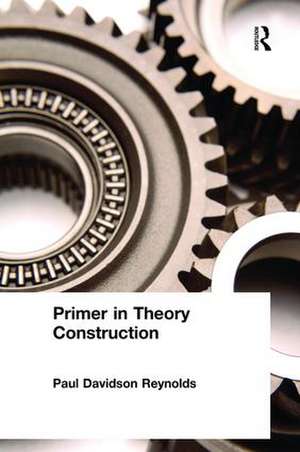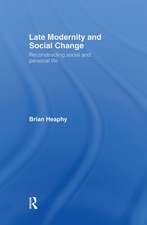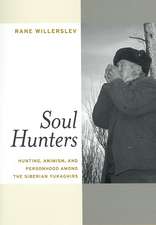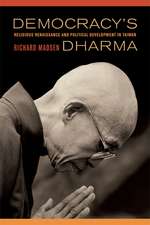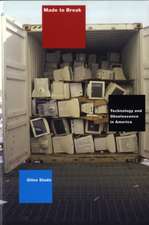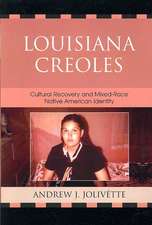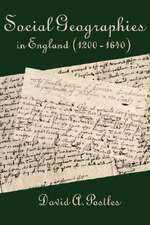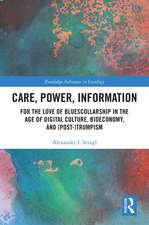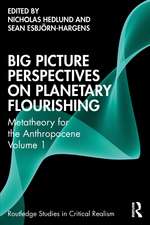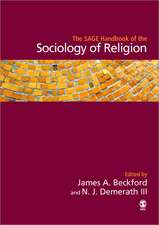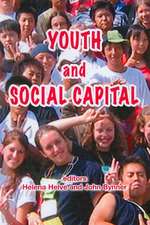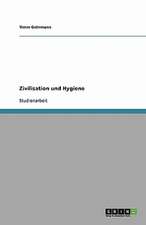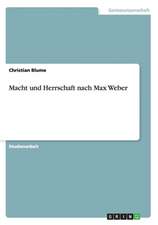Primer in Theory Construction: An A&B Classics Edition
Autor Paul Davidson Reynoldsen Limba Engleză Hardback – 13 noi 2017
| Toate formatele și edițiile | Preț | Express |
|---|---|---|
| Paperback (1) | 402.55 lei 6-8 săpt. | |
| Taylor & Francis – 26 apr 2006 | 402.55 lei 6-8 săpt. | |
| Hardback (1) | 1304.58 lei 6-8 săpt. | |
| Taylor & Francis – 13 noi 2017 | 1304.58 lei 6-8 săpt. |
Preț: 1304.58 lei
Preț vechi: 1590.96 lei
-18% Nou
Puncte Express: 1957
Preț estimativ în valută:
249.75€ • 256.85$ • 207.19£
249.75€ • 256.85$ • 207.19£
Carte tipărită la comandă
Livrare economică 15 februarie-01 martie
Preluare comenzi: 021 569.72.76
Specificații
ISBN-13: 9781138467989
ISBN-10: 1138467987
Pagini: 208
Dimensiuni: 152 x 229 mm
Greutate: 0.45 kg
Ediția:1
Editura: Taylor & Francis
Colecția Routledge
Locul publicării:Oxford, United Kingdom
ISBN-10: 1138467987
Pagini: 208
Dimensiuni: 152 x 229 mm
Greutate: 0.45 kg
Ediția:1
Editura: Taylor & Francis
Colecția Routledge
Locul publicării:Oxford, United Kingdom
Public țintă
UndergraduateNotă biografică
Paul Davidson Reynolds has been the author or co-author of five books; seven edited collections; 42 research reports and monographs; 85 peer review journal articles and book chapters; eight data sets placed in public archives; and over two hundred presentations to professional and policy audiences. He served as the director of the Babson Research Conference from 1996 to 2000 and as co-director of the George Washington University-ICSB research conference from 2010 to 2012. In 2004 he received the annual Swedish International Award for Entrepreneurship and Small Business Research and in 2012 the Dedication to Entrepreneurship (Research) Award from the Academy of Management Entrepreneurship Division.
Cuprins
INTRODUCTION For What Should Scientific Knowledge Be Useful? Typologies, Prediction and Explanation, Sense of Understanding, Control Theory How Does a Concept or Statement Become Part of a Scientific Body of Knowledge? Desirable Characteristics of Scientific Knowledge--Abstractness, Intersubjectivity (Meaning), Intersubjectivity (Logical Rigor), Empirical Relevance Summary and Conclusion 2. THE IDEA Kuhn Paradigms Example: Freud's Theory of Personality Paradigms Examples: Heider's Balance Theory; Two Conceptions Of Status Structures: Elitist and Pluralistic Paradigm Variations Examples: Variations on the Freudian Conception of Personality; Variations on Heider's Balance Theory Identifying Paradigms Conclusion 3. CONCEPTS Definition of Concepts Abstract vs. Concrete Concepts Concept Measurement Quantification of Concepts--The Nominal Level, The Ordinal Level, The Interval Level, General Comments on Quantification 4. STATEMENTS Existence Statements Relational Statements--Associational Statements, Casual Statements, Deterministic and Probabilistic Statements Levels of Abstraction Theoretical Statements Relation of Theoretical Statements to Theory Relationship between Theoretical Statements and Empirical Data Summary 5. FORMS OF THEORIES The Set-of-Laws Form Examples: The Iron Law Of Oligarchy; The Laws of Operant Behavior; The Exercise of Influence in Small Groups The Axiomatic Form Example: The Exercise of Influence in Small Groups The Casual Process Form Examples: The Effect of First Impressions on Cognitions; Creation of Oligarchies; Operant Behavior, Law II; The Exercise Of Influence in Small Groups; Status Incongruence and Mental Health Evaluation of the Three Forms of Theory Simulation or Model Building Summary 6. TESTING THEORIES Abstract Statements and Concrete Research Empirical Research and Confidence in Abstract Statements Statisical Decision Procedures--Classical Statistical Inference; Should the Hypothesis be Presented before the Data are examined? Changing Confidence in Theories Comparing Theories Conclusion 7. STRATEGIES FOR DEVELOPING A SCIENTIFIC BODY OF KNOWLEDGE Research-The-Theory Theory-Then-Research Comparison of Strategies How to get a New Idea Composite Approach Research Methods Conclusion 8. CONCLUSION Potential for a Social Science Potential for a Social Science APPENDIX: STUDENT EXERCISES Comments Assignment 1: Empirical Generalization and Empirical Support Assignment II: Explanation of an Empirical Generalization Assignment III: Testing a Theory Assignment IV: Application of Theories to Natural Phenomena REFERENCES AUTHOR INDEX SUBJECT INDEX
Descriere
This brief text for students in the social and behavioral sciences provides a formal introduction to the way theories are constructed, stated, tested, and connected together to form a scientific body of knowledge.
